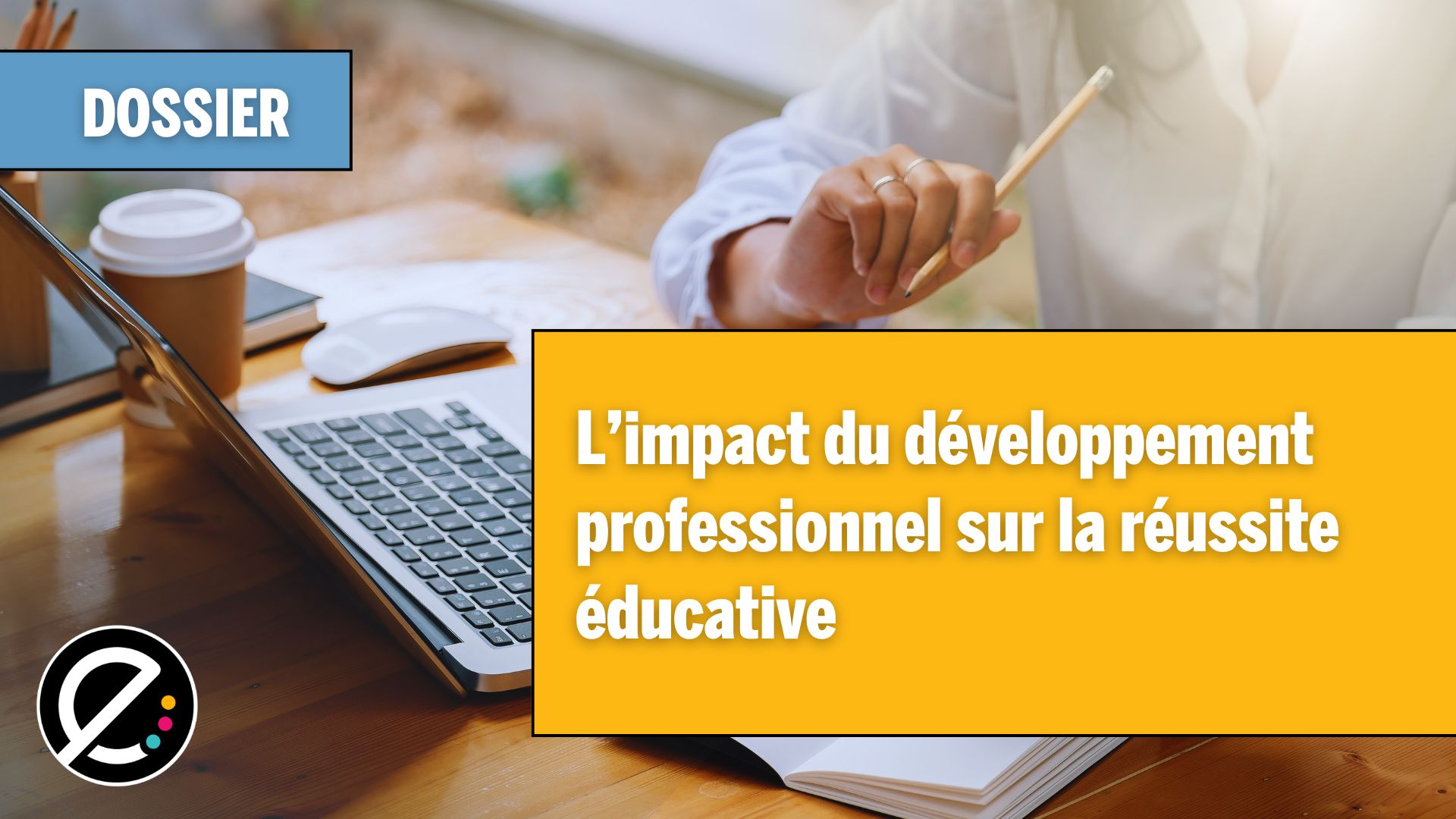Le Réseau d’enseignement francophone à distance du Canada (REFAD www.refad.ca) publiera au printemps 2011 un mémoire qui tentera d’indiquer quelques pistes de réponse à la question « Les nouveaux outils d’apprentissage encouragent-ils réellement la performance et la réussite des étudiants ».
Après avoir présenté une revue critique des principales recherches relatives à l’influence des TIC sur les apprentissages et l’acquisition des habiletés et des performances qui s’ensuivent, on revisitera les concepts de « réussite » et de « performance » en contexte éducatif, notamment en regard des NOA (nouveaux outils d’apprentissage) et de la FAD (formation à distance).
On explorera entre autres les principaux facteurs de réussite tant sur le plan académique (motivation, compréhension, mémorisation, compétence) que sur le plan personnel (organisation, autonomie, sociabilité, adaptabilité, créativité, développement). Les paramètres de ces concepts ainsi dégagés structureront l’analyse de diverses expériences en FAD ou en classes virtuelles, soutenues par les NOA.
On s’intéressera, entre autres, aux expériences mettant en œuvre des dispositifs d’interaction et de collaboration et aux nouveaux dispositifs d’individualisation de l’enseignement-apprentissage.
Ce mémoire tentera de donner un portrait général de l’usage des NOA dans le cadre des formations aux niveaux primaire, secondaire et postsecondaire. Tout en mentionnant certaines expériences remarquables à l’échelle internationale, on privilégiera les expériences et données canadiennes. C’est en ce sens que nous souhaitons établir des contacts avec les praticiens canadiens et les responsables institutionnels de la mise en œuvre des NOA pour que ce mémoire reflète la réalité canadienne.
Si vous avez développé un cours en classe virtuelle ou collaboré à des FAD ayant recours aux NOA et/ou avez élaboré quelques réflexions personnelles sur ces expériences, et que vous souhaitiez nous en faire part, faites-vous connaître avant le 26 novembre 2010. Notre agent de recherche, M. Jean Loisier, entrera alors en contact avec vous.
Pour informations supplémentaires :
refad@sympatico.ca / jeanloisier@gmail.com
(514) 284-9109
Ce projet est possible grâce à un financement du ministère du Patrimoine canadien





